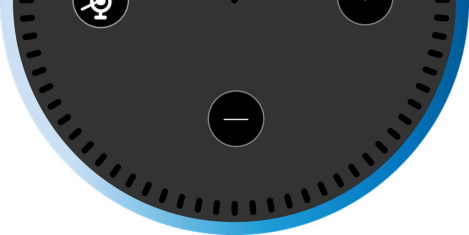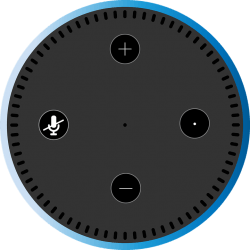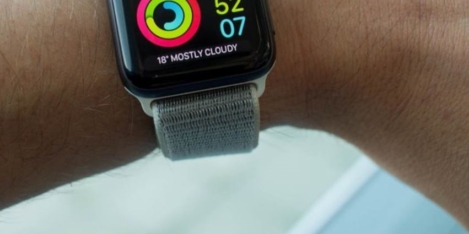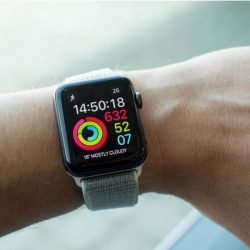May 16, 2019
Firms must log employee working hours, ECJ rules
 EU member States must require employers to set up a system to measure daily working hours for each employee, according to a new ruling from the European Court of Justice. The decision came following a case brought by the Spanish trade union, Federación de Servicios de Comisiones Obreras (CCOO) which initially brought an action before the Audiencia Nacional (National High Court, Spain), seeking a judgement declaring Deutsche Bank SAE to be under an obligation to set up a system for recording the time worked each day by its members of staff. The union considered that such a system would make it possible to verify compliance with the stipulated working times and the obligation, laid down in national law, to provide union representatives with information on overtime worked each month.
EU member States must require employers to set up a system to measure daily working hours for each employee, according to a new ruling from the European Court of Justice. The decision came following a case brought by the Spanish trade union, Federación de Servicios de Comisiones Obreras (CCOO) which initially brought an action before the Audiencia Nacional (National High Court, Spain), seeking a judgement declaring Deutsche Bank SAE to be under an obligation to set up a system for recording the time worked each day by its members of staff. The union considered that such a system would make it possible to verify compliance with the stipulated working times and the obligation, laid down in national law, to provide union representatives with information on overtime worked each month.



















 BSRIA has launched a new guide that aims to inform those involved in the design, construction and operation of a building about how an effective Business-Focused Maintenance (BFM) regime can be developed and achieved through the Soft Landings approach. The topic guide on Soft Landings and BFM is written as an ‘at a glance publication’ to give readers a glimpse of the subject and recommends further reading.
BSRIA has launched a new guide that aims to inform those involved in the design, construction and operation of a building about how an effective Business-Focused Maintenance (BFM) regime can be developed and achieved through the Soft Landings approach. The topic guide on Soft Landings and BFM is written as an ‘at a glance publication’ to give readers a glimpse of the subject and recommends further reading. 










May 7, 2019
Hiring the best people is bad for creativity
by Scott E Page • Comment, Workplace
(more…)